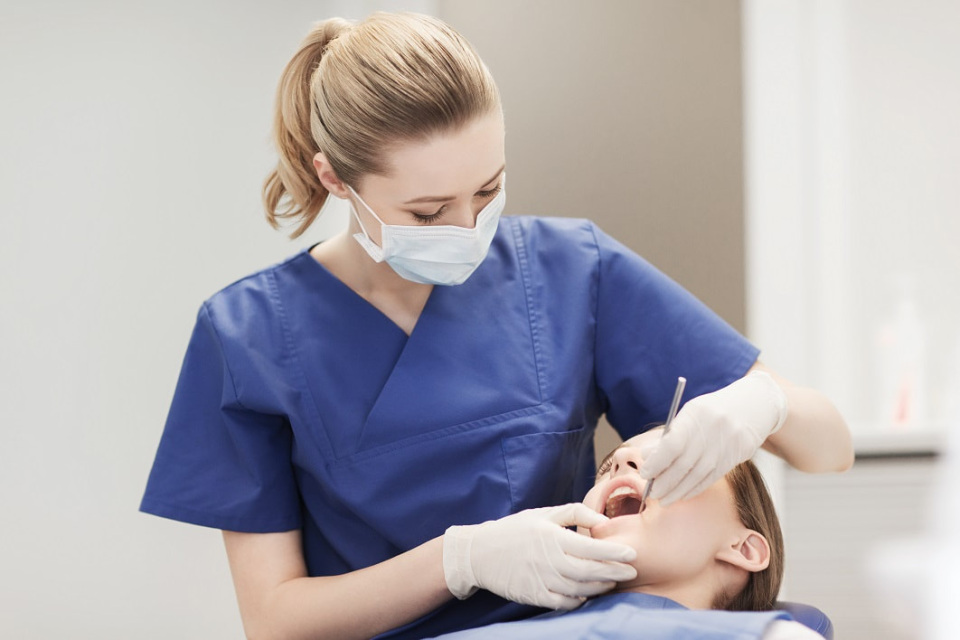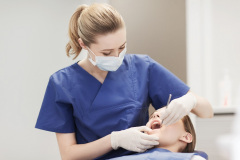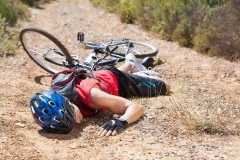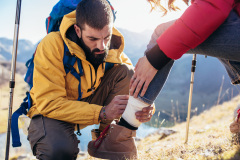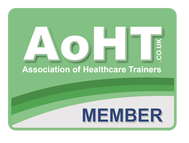- Expedition Medic
- >
- Expedition Medic Course (Special Skills)
Expedition Medic Course (Special Skills)
SKU:
£100.00
£100.00
Unavailable
per item
Expedition Medicine (Special Skills)
Our course conforms to The Royal College of Surgeon of Edinburgh (2015) Expedition Medic Competencies Framework for providers, who are not health care professionals.
Use of Prescription only medication (POM)
Upon successful completion of the course candidates will be able to purchase medical kits including selected Prescription only medication (POM) to deal with the variety of injuries and illnesses studied during the course. This is possible through our links with a travel Pharmacy.
Medication is supplied for emergency use during foreign travel when access to professional help is not available or may be significantly delayed. It can also be used to manage minor illness and Injuries that do not require evacuation. Where possible it should be used in consultation with a professional either in person or remotely via a
communication link.
Course Content
Upon successful completion of the course candidates will be able to perform a detailed primary and secondary survey including examination of key body systems and be able to record and understanding the importance of changes in vital signs.
Candidates will have an overview of and be able to recognise and diagnose a range of conditions, provide immediate emergency treatment and make rational decisions on need and mode of evacuation. Improvising equipment as needed from materials at hand.
Our instructor faculty includes healthcare professionals with a longstanding interest in wilderness medicine.
Partner Organistions
We are also looking for partner origination's to host our expedition medicine courses.
High Altitude
Understand "normal" physiology at high altitude
Understand the impact of high-altitude environment on pre-existing disease
Understand pathophysiology and mitigation of altitude illness
Recognise signs and symptoms and treat AMS, HAPE, HACE
Appropriate use of medical oxygen
Understand specific issues around treatment of avalanche victims
Malaria:
Prophylaxis, Recognition and treatment
Environmental health
Understand the importance and provision of basic hygiene
Offer pre-event planning advice
Be able to oversee systems of food preparation that ensure high standards of hygiene
Manage the provision of safe drinking water
Appreciate basic concepts of sanitation and latrines
Be able to offer guidance on disposal of 'grey water' and all waste
Dentistry
Ability in differential diagnosis and medical management of facial & dental pain
Competent in placement of dental filling/ dressing
Correctly assess and replant an avulsed front tooth
Travel Medicine
Have knowledge of where to signpost expedition members regarding pre-travel vaccinations and malaria prophylaxis
Be able to remove tick / bot fly / tumbu fly / jigger flea / leech
Application of pressure immobilsation following snake bite
Be able to compile a medical kit that reflects the demographics of the group and the type and location of the event
Our course conforms to The Royal College of Surgeon of Edinburgh (2015) Expedition Medic Competencies Framework for providers, who are not health care professionals.
Use of Prescription only medication (POM)
Upon successful completion of the course candidates will be able to purchase medical kits including selected Prescription only medication (POM) to deal with the variety of injuries and illnesses studied during the course. This is possible through our links with a travel Pharmacy.
Medication is supplied for emergency use during foreign travel when access to professional help is not available or may be significantly delayed. It can also be used to manage minor illness and Injuries that do not require evacuation. Where possible it should be used in consultation with a professional either in person or remotely via a
communication link.
Course Content
Upon successful completion of the course candidates will be able to perform a detailed primary and secondary survey including examination of key body systems and be able to record and understanding the importance of changes in vital signs.
Candidates will have an overview of and be able to recognise and diagnose a range of conditions, provide immediate emergency treatment and make rational decisions on need and mode of evacuation. Improvising equipment as needed from materials at hand.
Our instructor faculty includes healthcare professionals with a longstanding interest in wilderness medicine.
Partner Organistions
We are also looking for partner origination's to host our expedition medicine courses.
High Altitude
Understand "normal" physiology at high altitude
Understand the impact of high-altitude environment on pre-existing disease
Understand pathophysiology and mitigation of altitude illness
Recognise signs and symptoms and treat AMS, HAPE, HACE
Appropriate use of medical oxygen
Understand specific issues around treatment of avalanche victims
Malaria:
Prophylaxis, Recognition and treatment
Environmental health
Understand the importance and provision of basic hygiene
Offer pre-event planning advice
Be able to oversee systems of food preparation that ensure high standards of hygiene
Manage the provision of safe drinking water
Appreciate basic concepts of sanitation and latrines
Be able to offer guidance on disposal of 'grey water' and all waste
Dentistry
Ability in differential diagnosis and medical management of facial & dental pain
Competent in placement of dental filling/ dressing
Correctly assess and replant an avulsed front tooth
Travel Medicine
Have knowledge of where to signpost expedition members regarding pre-travel vaccinations and malaria prophylaxis
Be able to remove tick / bot fly / tumbu fly / jigger flea / leech
Application of pressure immobilsation following snake bite
Be able to compile a medical kit that reflects the demographics of the group and the type and location of the event
